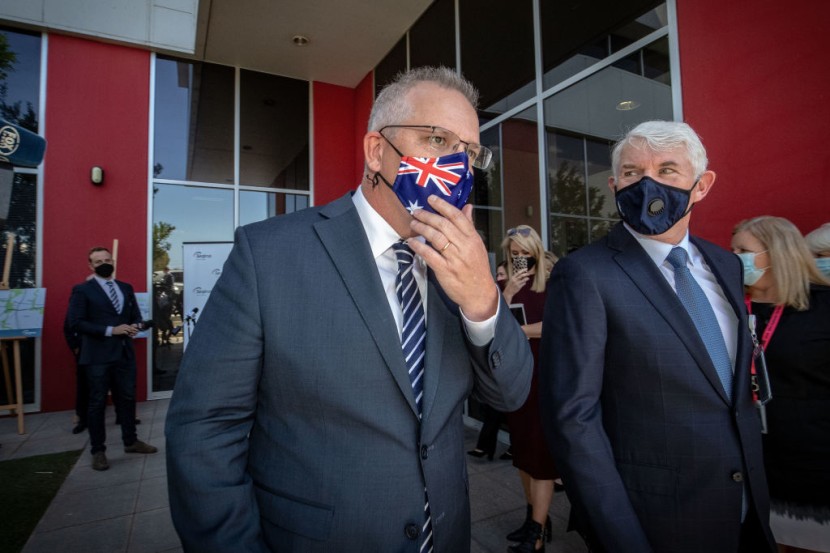
On Thursday, Australia's pharmaceutical regulator stated that it is on track to review Pfizer's COVID-19 vaccine candidate by January next year. The nation is following a March timetable to commence inoculations.
Australia To Complete Review of Pfizer's COVID-19 Vaccine
The United Kingdom approved the usage of the Pfizer vaccine on Wednesday. The country jumped ahead of the rest of the globe in the accelerating race to commence the most crucial mass vaccination program in history.
According to John Skerritt, the head of Australia's Therapeutic Goods Administration (TGA), "My staff have been told to put away their swimsuits and towels and to work as quickly as we can but also in significant depth," reported Nasdaq.
Pfizer's is one of the four vaccine candidates Australia has agreed to purchase, including from AstraZeneca AZN.L, Novavax NVAX.O, and CSL Ltd CSL.AX if clinical trials prove them to be effective.
According to Health Minister Greg Hunt, the January timetable does not speed up plans to begin immunizations. Hunt stated, "We are on track for first vaccinations beginning with our health workers and our aged care residents subject to approvals in March," reported Channel News Asia.
Treasurer Josh Frydenberg remarked making a vaccine available by then would bolster Australia's economy by A$34 billion ($25 billion) in contrast to earlier assumptions of 2022.
Australia is in a fortunate place of being able to allow regulators time to complete checks without being pressurized by mounting novel coronavirus cases.
The country's tally of over 27,800 coronavirus cases is far fewer than other developed nations. On Wednesday, it had endured almost three weeks without local transmission of the virus.
The streak was broken when the nation's most populous state stated a worker at a hotel, where overseas travelers are isolated for two weeks, contracted COVID-19.
Settling into COVID Normal
Melbourne has gone over a month without a confirmed case as New South Wales relaxes restrictions further. South Australia's Parafield group is gradually fading into memory, and it appears Australia is settling into the much-expected "COVID Normal."
As the perception of threat relaxes, according to experts, health authorities should find the golden mean between keeping the public on side and mitigating risk.
In Australia, the federal government abides by its plan to disseminate vaccinations for the global health crisis, commencing in March 2021.
According to Hunt, "Frankly, the work done in the UK will give Australia and the world very important data, very important lessons, both on the rollout and the efficacy of this particular vaccine, but vaccines more generally," reported ABC.
Acting in accordance with guidelines and advisory is starting to slip. In Melbourne, the then morally-forbidden act of lowering one's mask below the nose has become commonplace even indoors, wherein face mask-wearing remains to be mandatory.
The Pfizer doses have already undergone testing in tens of thousands of people. Clinical studies are yet to be completed, but preliminary results have suggested the COVID-19 vaccine is 95 percent efficient in alleviating respiratory illness.
Related Article : Japanese Residents to Be Administered Free COVID-19 Vaccine








